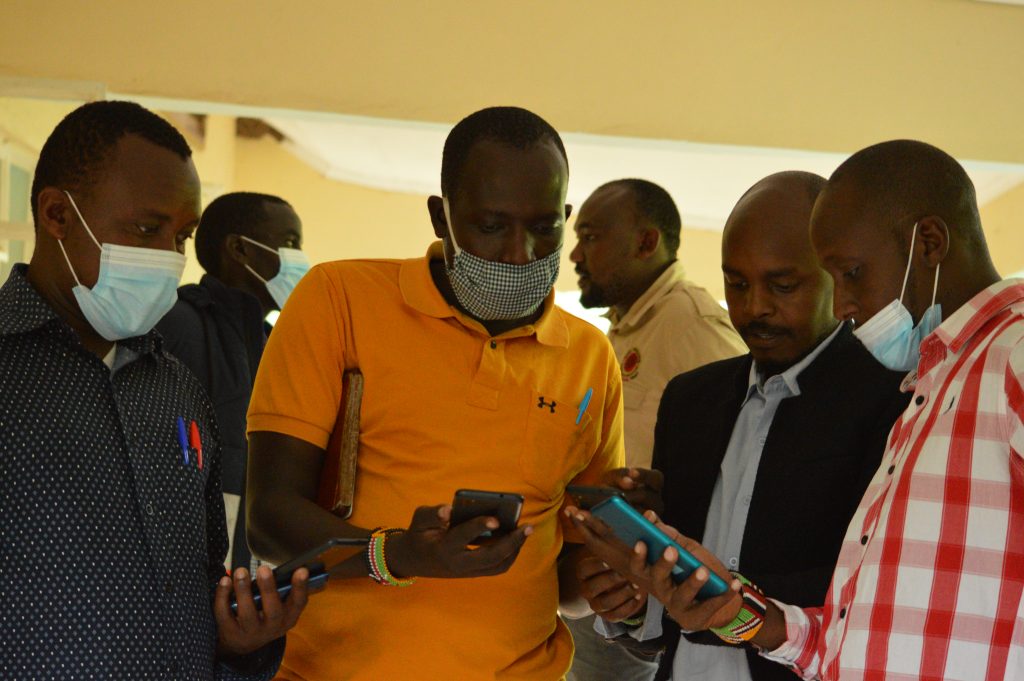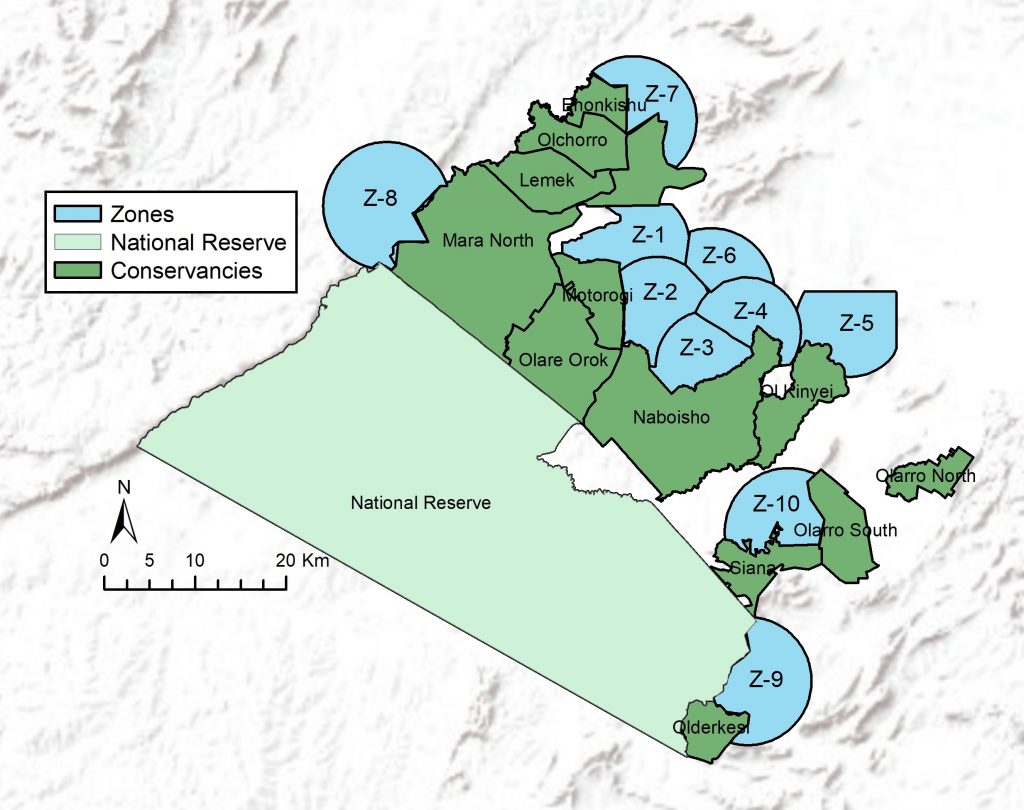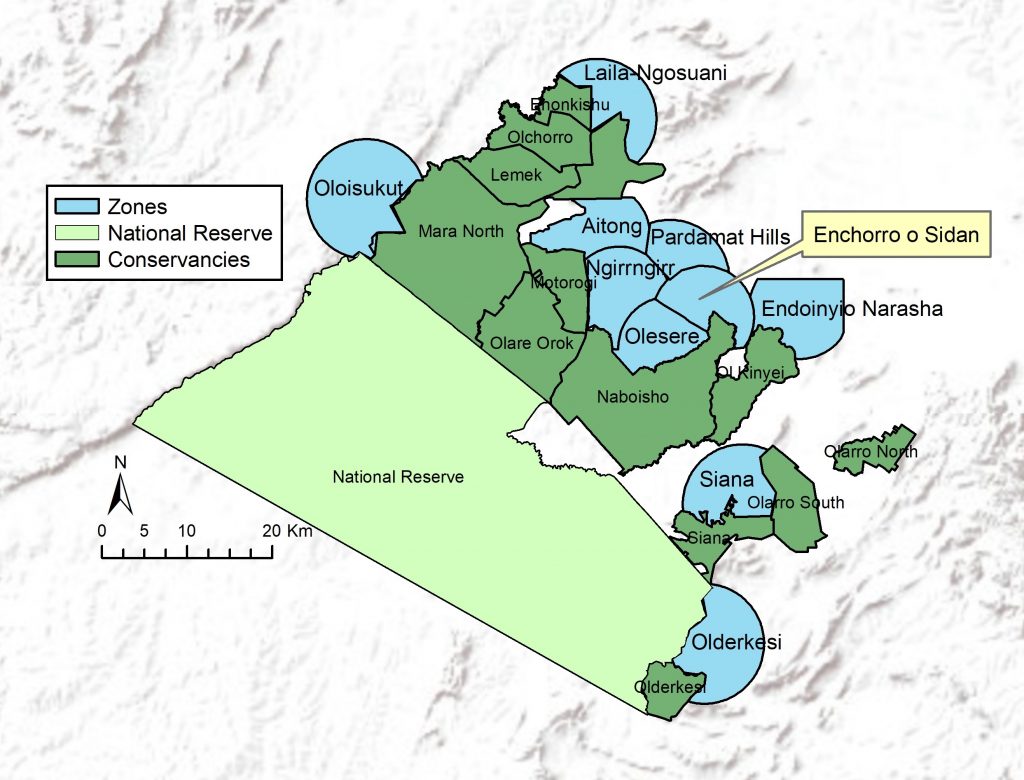
How do the Ambassadors work?
The lion ambassadors engage individual community members and households in discussions on lions, conflicts mitigation mechanisms and the need for coexistence. These discussions help create an environment for collaborative conservation for the benefit of all. During such discussions, the heads of households are encouraged to continue leasing lands to conservancies to ensure lion habitats are secured with benefits from conservancies expounded.
The lion ambassadors work closely with conservancy rangers and the Kenya Wildlife Service (KWS) to remove snares in the selected zones to reduce incidents of lions (and other wildlife) reported as caught in with snares.
The lion ambassadors have been trained on how to respond to conflict incidences and collect vital data relating to the conflicts. They are often among the first responders to conflict incidences and play a big role in dissuading communities against retaliating to livestock depredation by lions (and other predators).
Through regular communication between the lion ambassadors and the MPCP research team, updates on lion (both individuals and prides) locations are shared with communities in what is seen as early warning system to help communities know which areas to avoid during grazing and use of other natural resources. This reduces chances of meeting lions and will prevent livestock depredation, attacks on humans and any resultant retaliatory actions.
Lion Ambassadors' zones of operation



